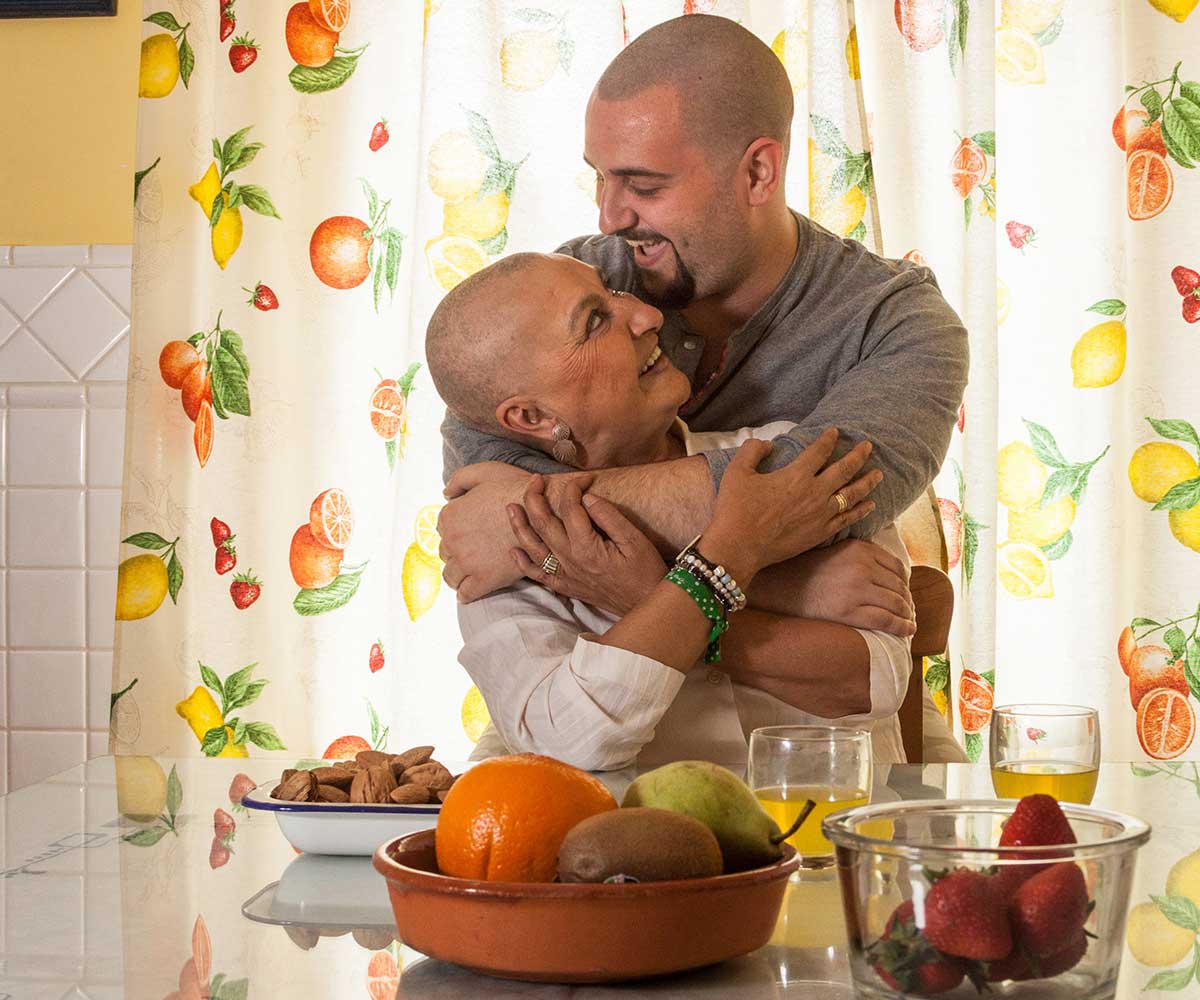There is still much to be understood about cancer but we do now know that there are proven risk factors, such as smoking, a lack of exercise, unhealthy eating, being overweight, drinking too much alcohol and spending a lot of time in the sun. But the internet is filled with rumours about many other things that supposedly lead to cancer.
“Social media has played a massive role in promulgating theories about what causes cancer,” says Professor Sanchia Aranda, CEO of Cancer Council Australia.
“The worrying consequence is people then think, ‘Everything gives you cancer so when I’m told this and that causes cancer, why should I take any notice?’ This can drive down behaviours that we know are important to reduce the risk of cancer.”
Here are the facts you need to know…
Do mobile phones cause cancer?

Concerns linger about mobile phones causing brain tumours. They transmit and receive microwave radiation and, so far, that isn’t known to cause cancer. People can confuse this with high-energy radiation that does cause genetic defects and cancer.
“There may be things we don’t yet know about, so mobile phones are on a watch list,” acknowledges Professor Aranda. “Keep mobile calls as short as possible and use hands-free attachments to reduce any possible risk.”
Do plastic drink bottles cause cancer?
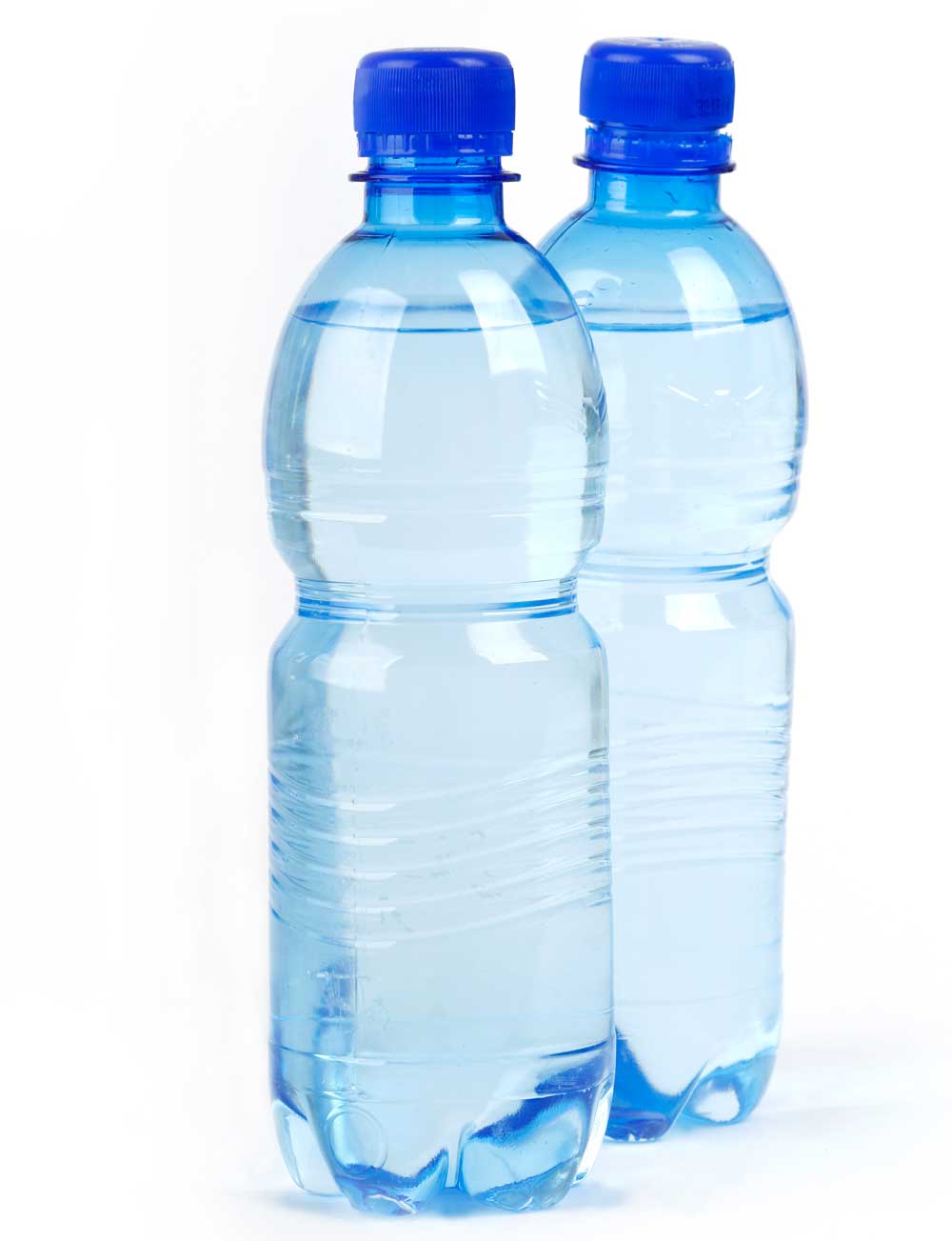
Internet rumours claim that plastic bottles contain chemicals like dioxins and bisphenol A that cause liver damage and cancer. They don’t, and research says there is no evidence these lead to cancer.
“I’ve seen a lot of emails circulating about plastic bottles being left in cars or being frozen or reused and then [chemicals] leaching into water – but water in plastic bottles is safe,” says Professor Aranda. It’s also safe to re-use plastic bottles, so long as they can be cleaned to avoid bacteria growing in them.
Do microwaves cause cancer?
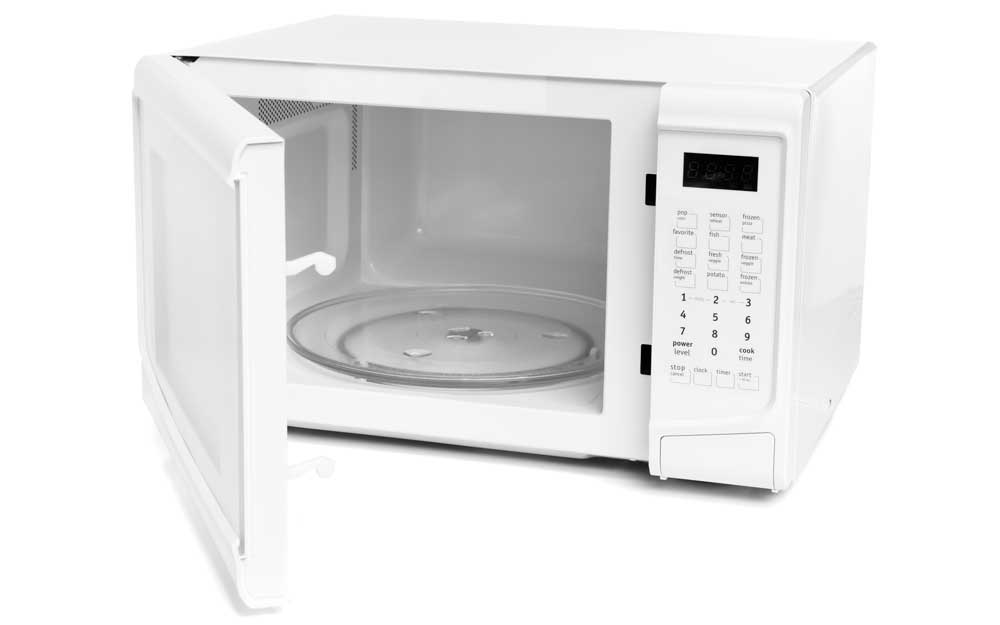
Microwaves heat food using non-ionising radiation which doesn’t lead to cancer. Food is safe to eat, and the radiation is contained within the oven. However, Professor Aranda advises that you only use microwave-safe containers when cooking in a microwave.
Does hair dye cause cancer?
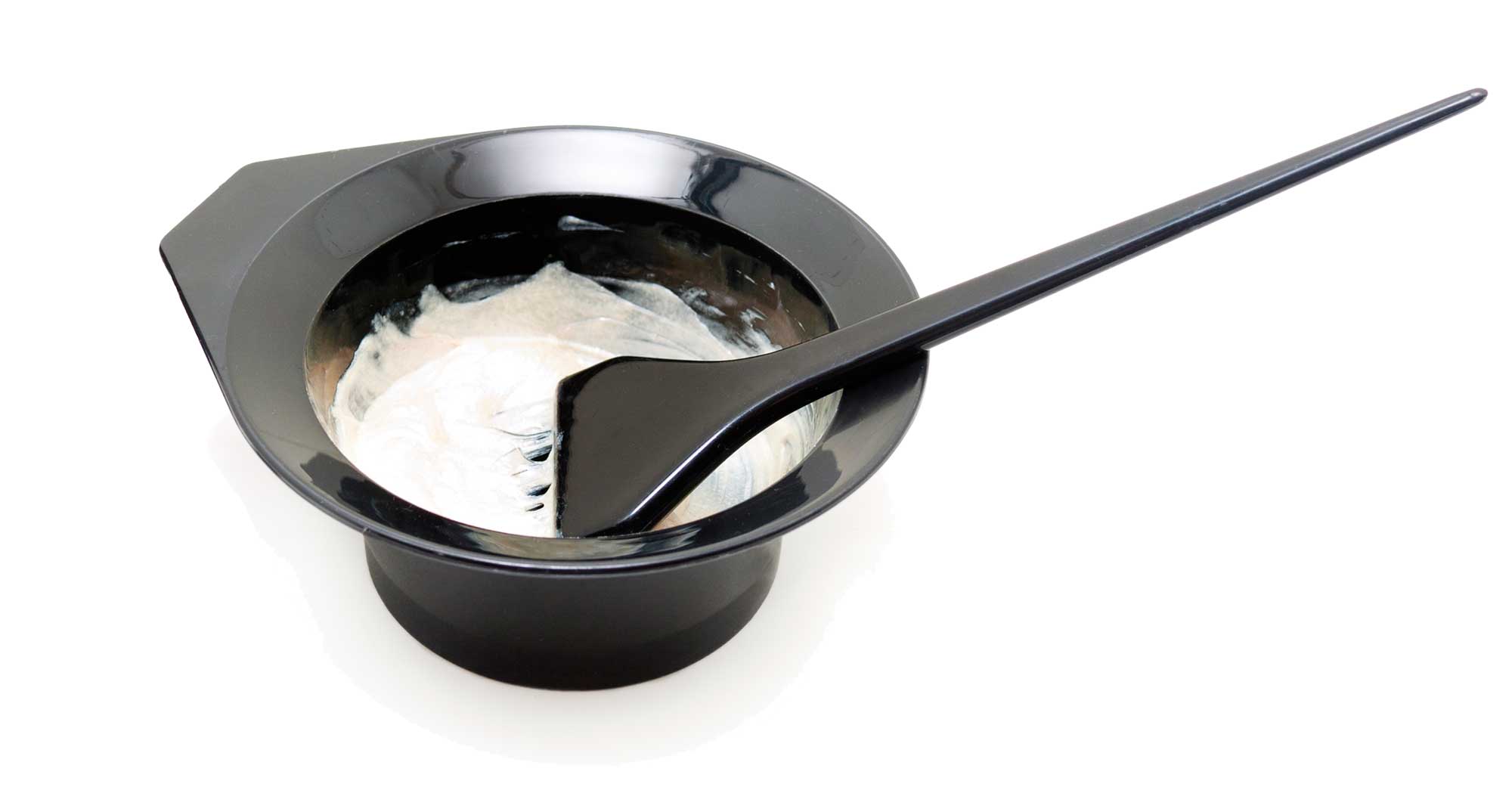
In 1993, the International Agency for Research on Cancer said hair dyes were ‘possibly carcinogenic’ after finding an increased risk of bladder cancer in hairdressers exposed to hair dye chemicals.
But studies of modern dyes have found no increased risk. “There were concerns 40 years ago when hair dyes were different but even then, concerns were inconclusive,” says Professor David Currow, CEO of the Cancer Institute NSW.
The Cancer Institute NSW says those who colour their hair are unlikely to have an increased risk of cancer, even if they’ve been colouring their hair regularly for years.
Do artificial Sweeteners cause cancer?
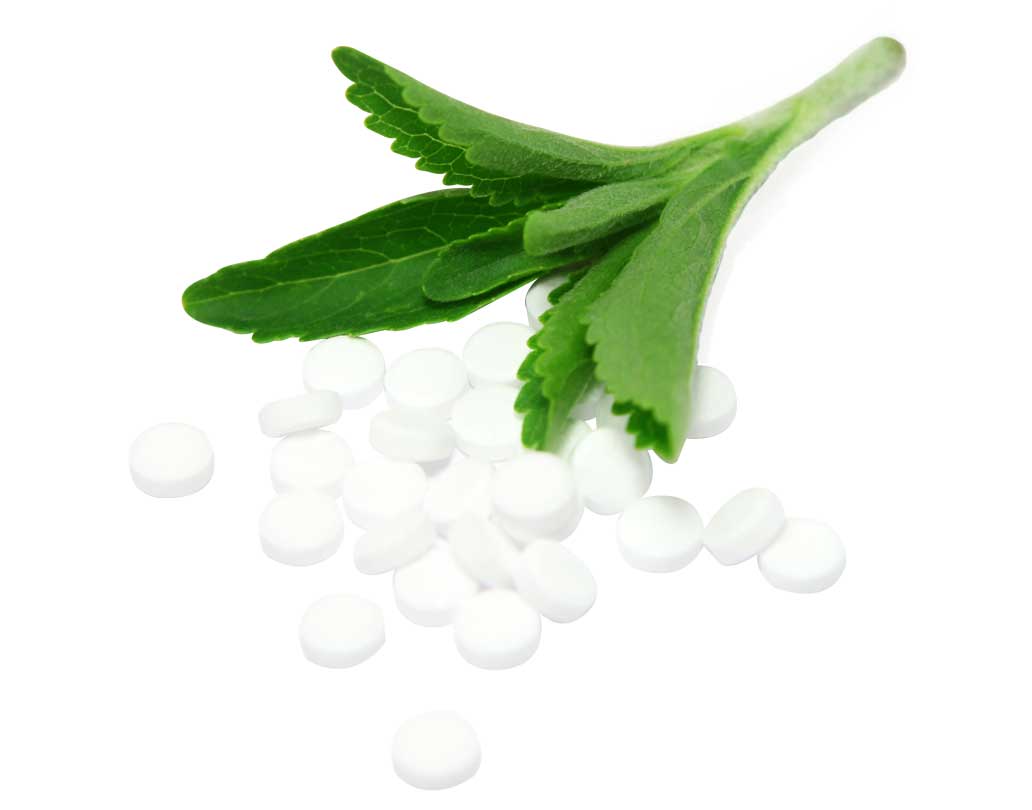
“About 40 years ago there were concerns about saccharin because it was linked to an increased risk of bladder cancer in rats. But animal models and human risks are not one and the same thing,” says Professor Currow.
“Saccharin has been evaluated and the conclusion is that it doesn’t cause cancer in humans.” And there’s no evidence that artificial sweeteners like aspartame, sucralose and steviol glycoside or ‘stevia’ cause cancer.
Do laptops cause cancer?
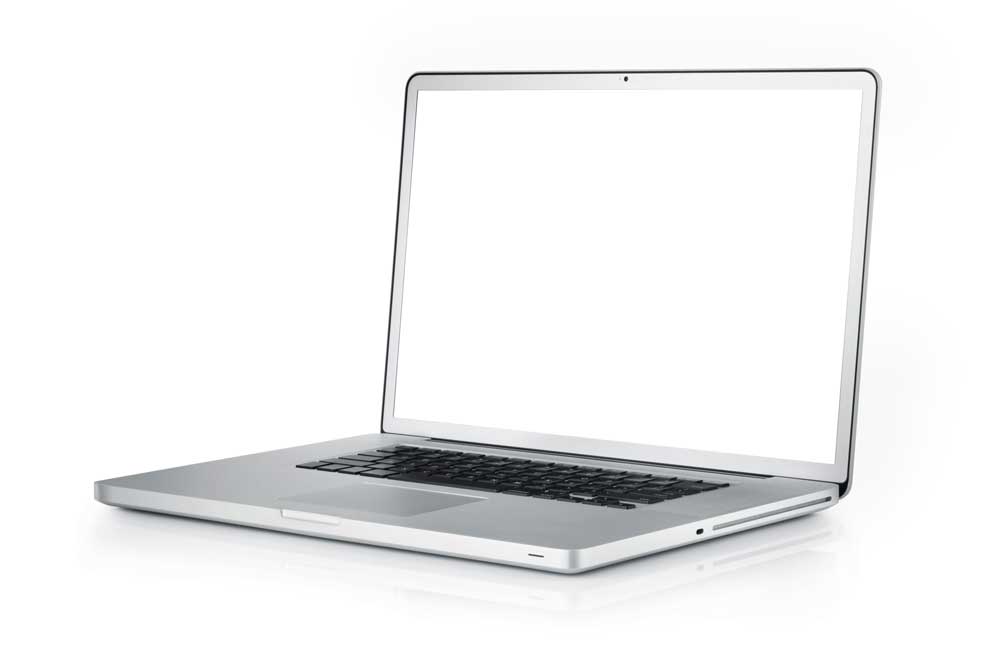
Men may worry that a laptop increases the risk of testicular cancer through heat-damaging cells near the scrotum.
There have been cases of ‘toasted skin syndrome’, where skin becomes mottled through long-term heat, but there’s no evidence this causes skin cancer. But, says Professor Aranda, “studies have found heat from a laptop can reduce sperm quality.”
Does sunscreen cause cancer?
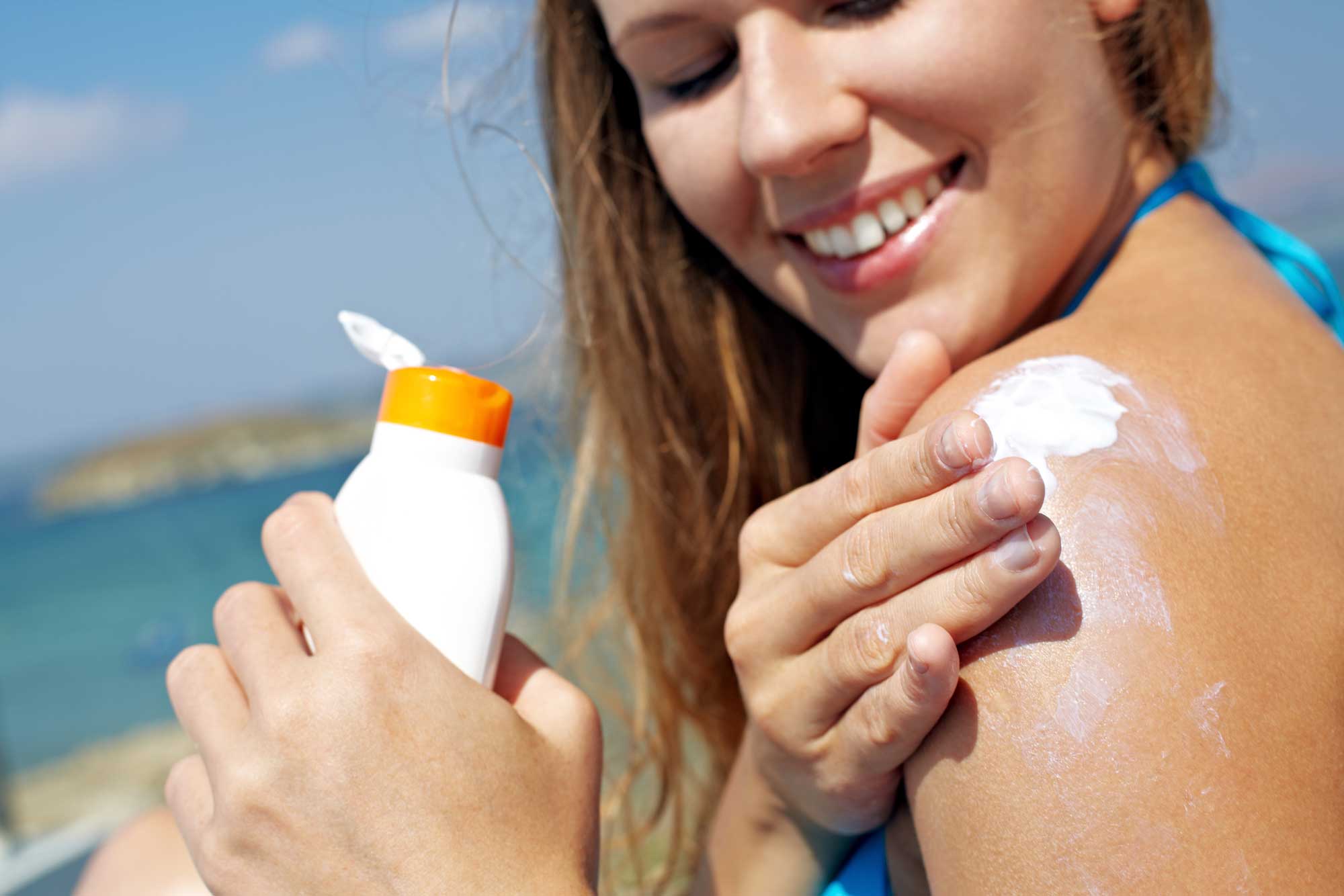
“The myths about sunscreen are concerning because sunscreen does great things to help protect people from the consequences of UV radiation,” says Professor Currow.
“There is no evidence it is associated with higher levels of any cancer.”
The myths are based on the nano-particles in sunscreen, such as titanium dioxide and zinc oxide but the Therapeutic Goods Administration says neither are likely to cause harm in sunscreen.
Does wifi cause cancer?

Wifi is reportedly linked to cancer, but the radio waves it produces are very low. The International Agency for Research on Cancer classifies wifi as a ‘possible human carcinogen’ – but it’s also in the same category as carpentry and pickled vegetables.
“People have looked hard at this and widespread studies have found no evidence that low-frequency radiation is linked to cancers,” says Professor Currow.
Does LED Lighting cause cancer?
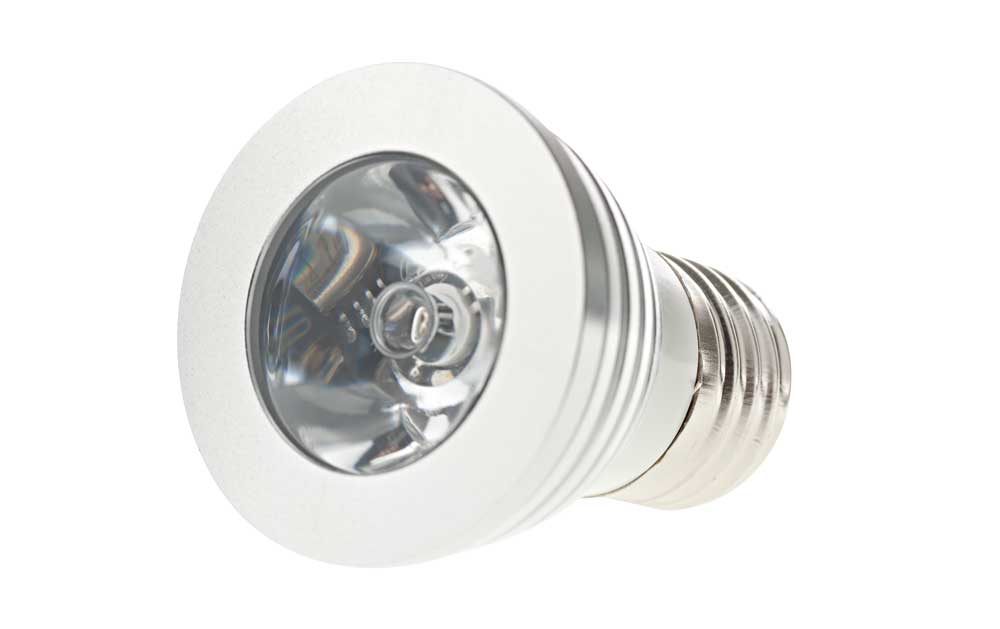
Many local authorities are switching older-style streetlighting to LED because they’re cheaper and produce fewer emissions. But a recent study argued that heavy exposure to LED lighting may double the risk of prostate cancer and may almost double the risk of breast cancer.
But, as Professor Aranda points out, “Radiation emissions are so low that they are insufficient to be hazardous, even if you are only 10 centimetres away.”
Do barbequed meats cause cancer?
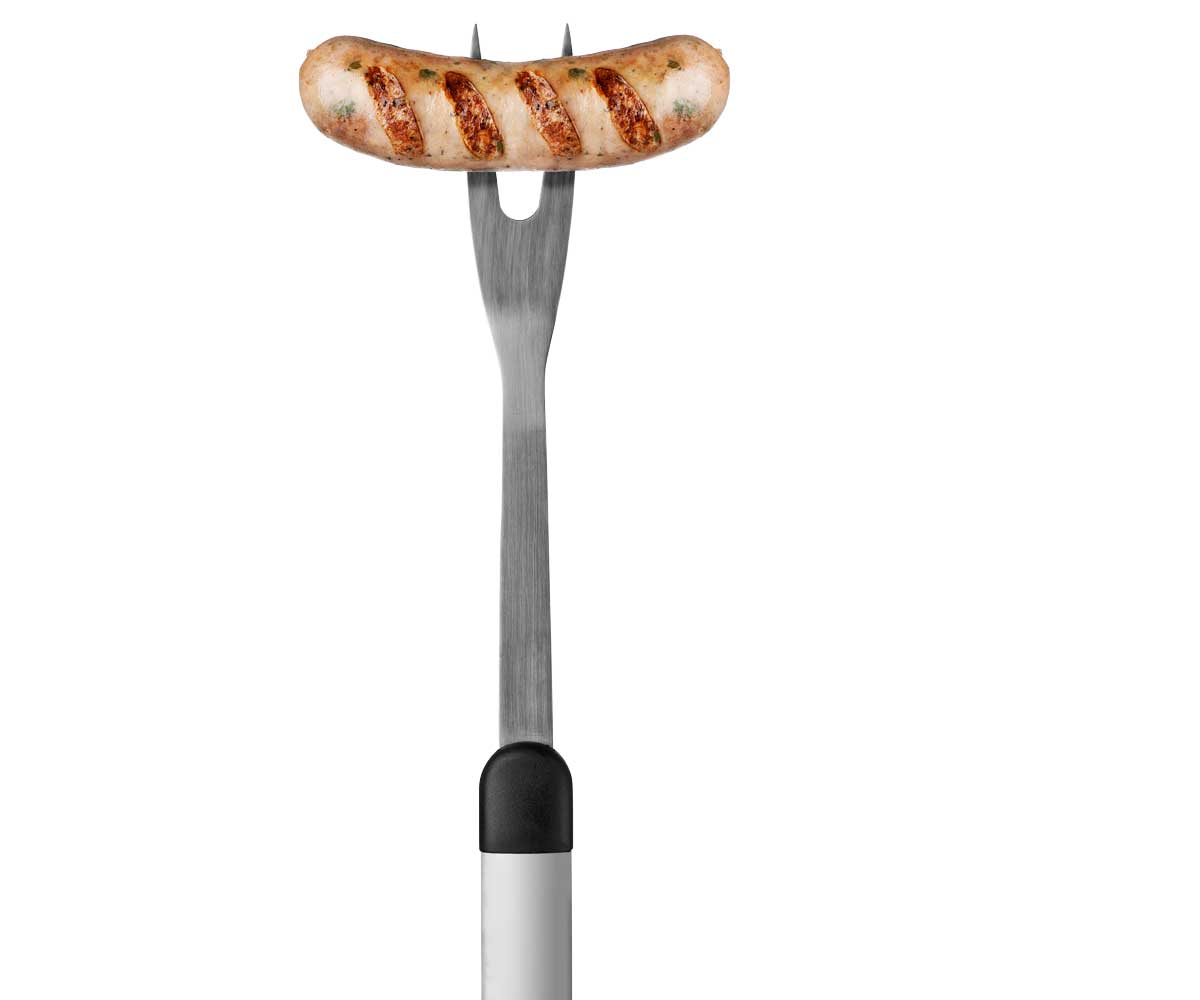
Cooking meat at high temperatures forms heterocyclic amines and polycyclic aromatic hydrocarbons, which may increase the risk of cancers in animals, says Professor Currow.
“But we couldn’t consume such high concentrations of those chemicals even if we ate barbequed meat three times a day.”
You can reduce your exposure by turning meat regularly, removing charred portions, and not letting meat touch an open flame.
Does talcum powder cause cancer?
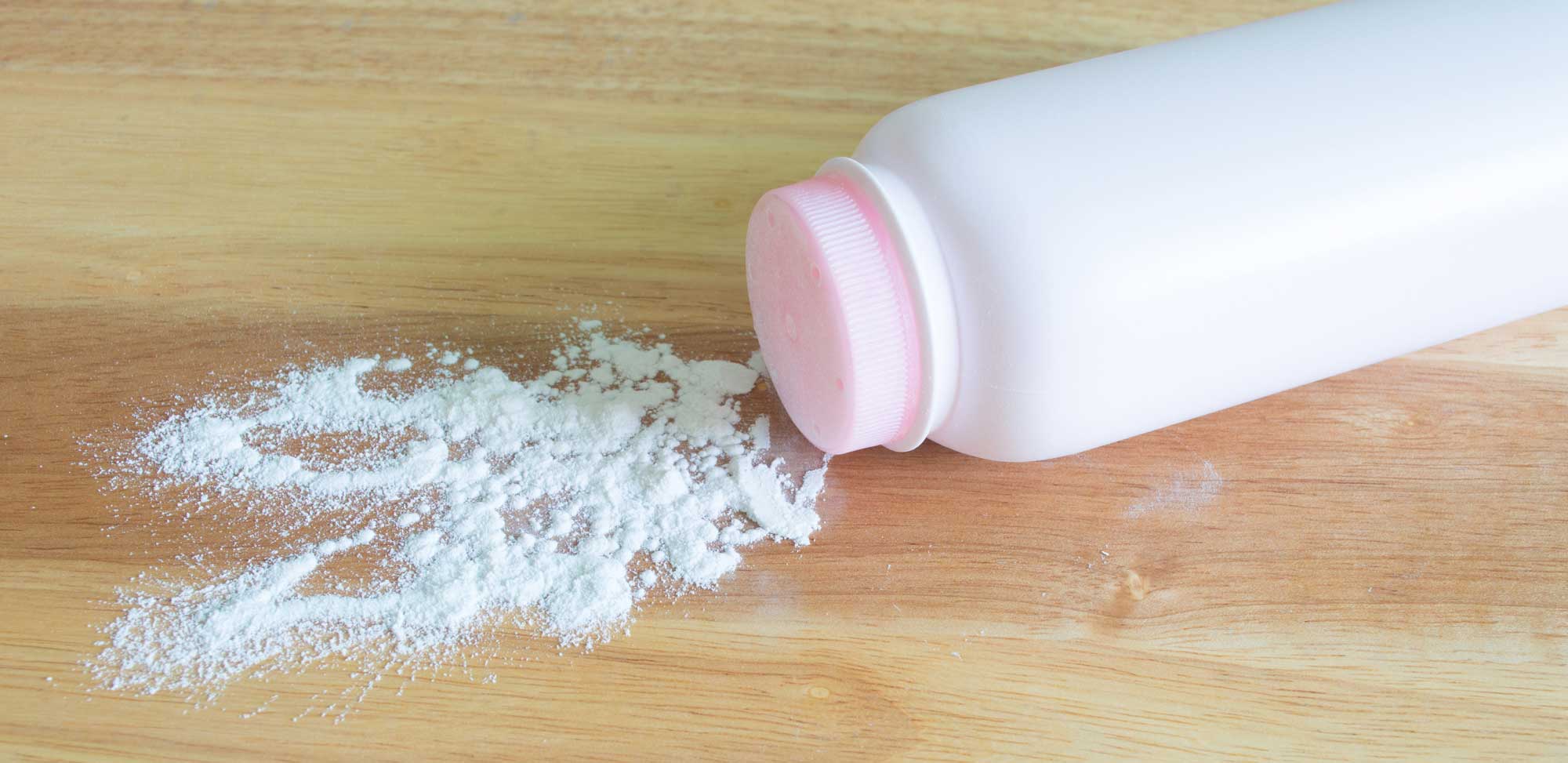
Rumours about the potential danger of talcum powder gained attention recently after Johnson & Johnson was blamed for a woman’s death from ovarian cancer. However, experts say the product appears to be safe.
“When our grandmothers used talcum powder it contained asbestos,” Professor Aranda explains. “Now talc is asbestos-free and there’s no evidence that modern talcs are linked to cancer.”
Do underwire bras cause cancer?
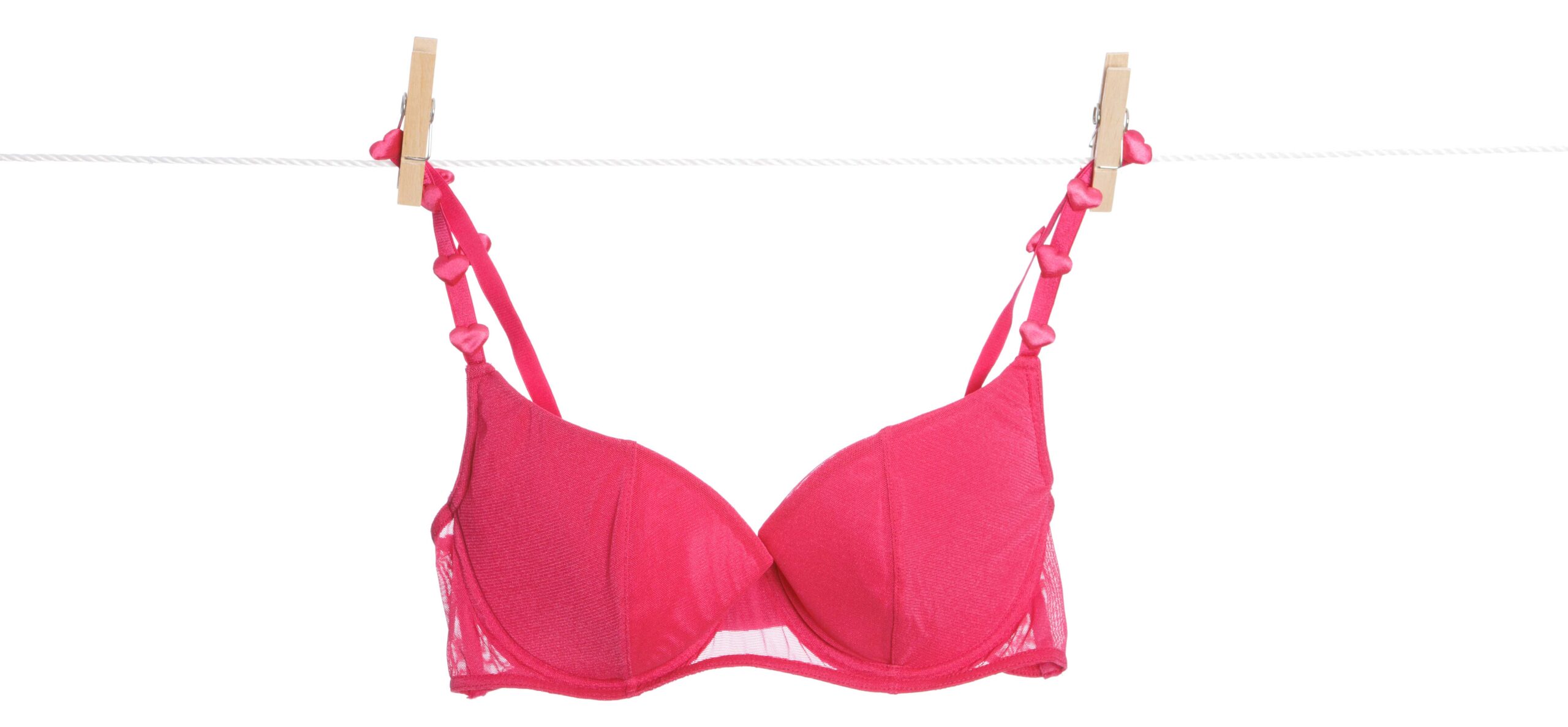
“There are theories that friction and pressure from wearing an underwire bra can lead to cancer. The suggestion is that it obstructs the drainage of lymph fluid from the bottom of the breast – but there’s no evidence this causes cancer,” says Professor Aranda.
For more health stories, pick up a copy of the latest Good Health & Wellbeing magazine.

